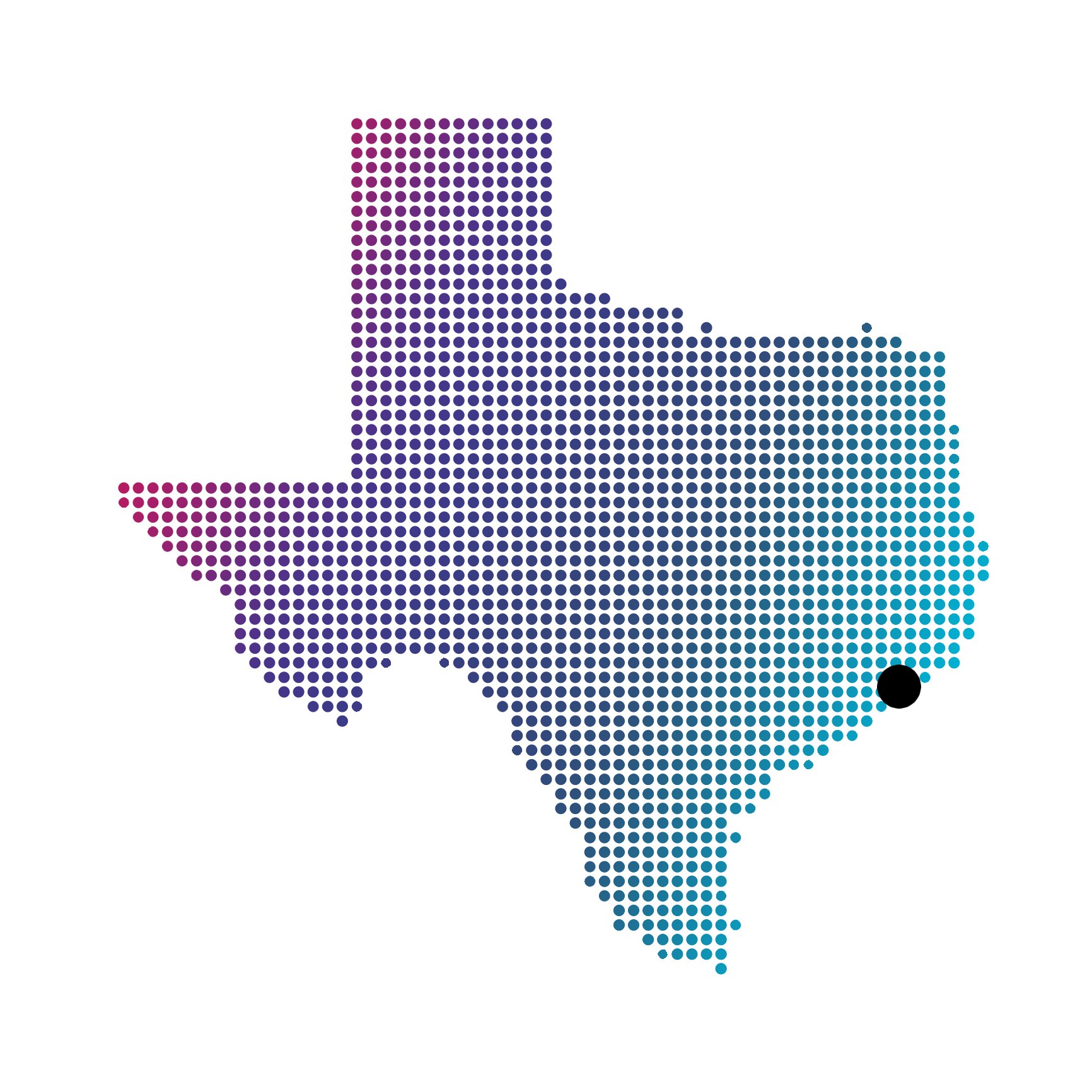Key points
- CDC's Advanced Molecular Detection (AMD) program is helping build and integrate the use of genomic sequencing technologies into public health nationwide.
- The cumulative local investment to Houston from FY2021-2023 is $14,681,693.
- Houston receives customized AMD support as part of the Southwest region.
- The University of Texas School of Public Health at Houston and Houston Health Department collaborated with the University of Georgia on a research award to advance pathogen genomics for public health.

Total local investment: $14,681,693*
*Investment total above are not included in the Texas total. Houston receives direct financial support through the ELC Cooperative Agreement.
Funding to public health departments includes support from the American Rescue Plan of 2021 and AMD annual appropriations in FY2021-2023. The investment above also includes supplemental funding for facility construction and renovation needs.
Implementing AMD technology
The AMD program builds and integrates laboratory, bioinformatics, and epidemiology technologies across CDC and nationwide. Since 2014, AMD has received support from Congress—now a $40 million per year appropriation—to implement these technologies in public health programs. Through investments in AMD technologies, CDC is improving both public health outcomes and preparedness in dozens of areas including foodborne disease, influenza, antibiotic resistance, hepatitis, pneumonia, and meningitis.
With funding from the American Rescue Plan Act of 2021, the AMD program developed a multi-year plan to its expand support to state, local, and territorial public health laboratories providing more staff and resources to collect and sequence SARS-CoV-2 specimens, identify and track variants, and share data for public health use.
Workforce development
Houston is part of the Southwest region. In 2018, the AMD program established seven workforce development regions across the country. Each region has an AMD training lead and a bioinformatics lead. This provides a network of customized AMD support which helps develop skills and provides training assistance to public health labs across the country.
Through the Southwest region's training resources, Houston receives lab support on data analysis and how to interface with IT departments. They also receive both pathogen-specific training and cross-cutting instruction to help staff develop the critical skills necessary to extract, analyze, and interpret sequencing data.
University and research partners in Houston
These awards are intended to fill knowledge gaps and promote innovation in the U.S. response to the COVID-19 pandemic. Funding awards are determined through a competitive selection process based on scientific needs and available funds.
University of Texas School of Public Health at Houston and Houston Health Department
- Molecular epidemiology and transmission dynamics of SARS-CoV-2 in Houston, TX (Collaboration with the University of Georgia) This project will develop a genome sequencing and molecular epidemiology pipeline for SARS-CoV-2 samples collected in Houston, TX, the fourth largest city in the US. It will develop computational approaches for integrating community- based surveillance and contact tracing with phylogenetic and epidemic network analysis to identify transmission clusters.
Awards to university and research partners were funded through appropriations supporting the COVID-19 response.
